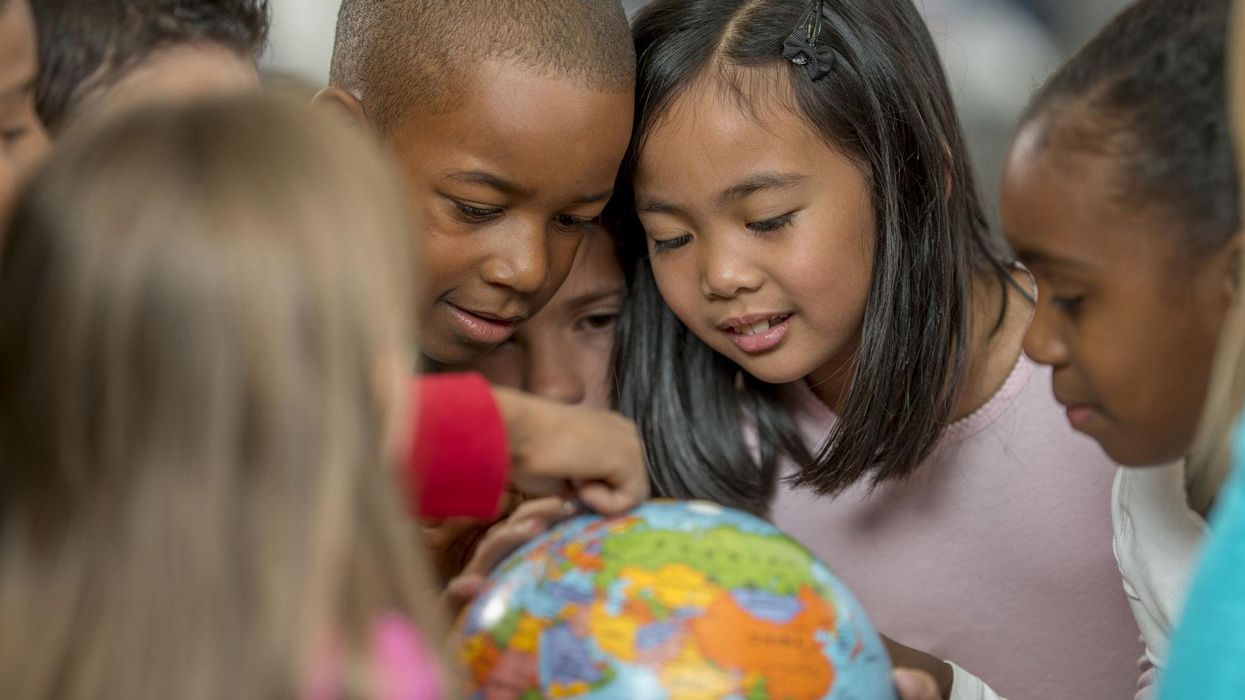Viral
Mimi Launder
Jan 23, 2018

Picture:
iStock / FatCamera
Even if you don't know much Spanish or French, you can probably at least recognise them when they're spoken.
You might not be so familiar with the language Kannada, which is spoken by around 40 million people in south India - this was the least recognisable language in a recent study.
The research draws on 15 million answers from The Great Language Game, an online guessing game where players are asked to listen to an audio clip and guess what language is in it from a few options.
Here are the world's least recognisable languages (by per cent correct guesses)
- Kannada - 39
- Fijian - 41.5
- Shona - 43.87
- Dinka - 44.13
- Hausa - 44.5
- Tigrinya - 45.53
- South Efate - 45.86
- Dari - 46.38
- Maltese - 47.98
- Indonesia - 49.38
Here are the world's most recognisable languages (by per cent correct guesses)
- French - 93.63
- German - 91.26
- Spanish - 89.16
- Italian - 88.88
- Russian - 87.27
- Korean - 86.76
- Japanese - 85.97
- Mandarin - 85.95
- Vietnamese - 84.17
- Cantonese - 83. 15
It turns out that geographical proximity between languages was often more significant to an incorrect guess than a shared genealogy.
Kannada is often misheard because people mistake it for other Indian languages. In fact, it was mistaken for the more well-known Punjabi language in 55 per cent of trials where Punjabi was an option.
Another example is Romanian and Bulgarian, which were often confused by players. But the two languages are not from the same linguistic branch - they just share a border.
But, as with all scientific surveys, it is worth taking the results with a pinch of salt.
IP addresses in Europe logged the most guesses in the game (at 7,963,630) followed by North America (5,980,767).
Responses from all other regions - Asia, the Pacific, South America, Africa and Antarctica (oddly, with all of 11 people) - contributed only 1,636,432 answers.
Plus, audio recording quality could have affected people's guesses and the researchers only had results for 78 languages (there up to 7,000 across the globe).
The game might also be attracting a certain type of person. Hedvig Skirgård, the PhD student who led the research, told Mashable:
All we know about players is they know enough English to navigate the game, where their IP address is, and that they hang around probably the nerdier parts of the internet.
There is a bit of a selection bias.
More: The 3 languages children should start learning now for a better future
Top 100
The Conversation (0)













Jasmine Crockett hits back at JD Vance's 'street girl persona' jibe